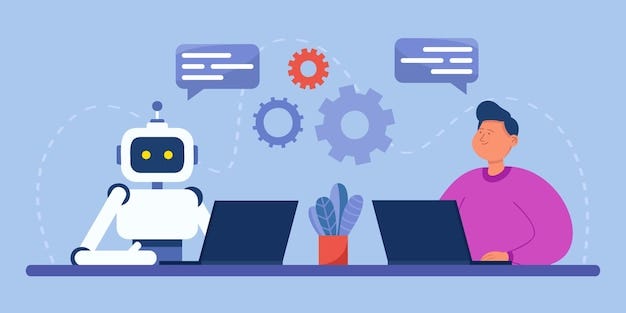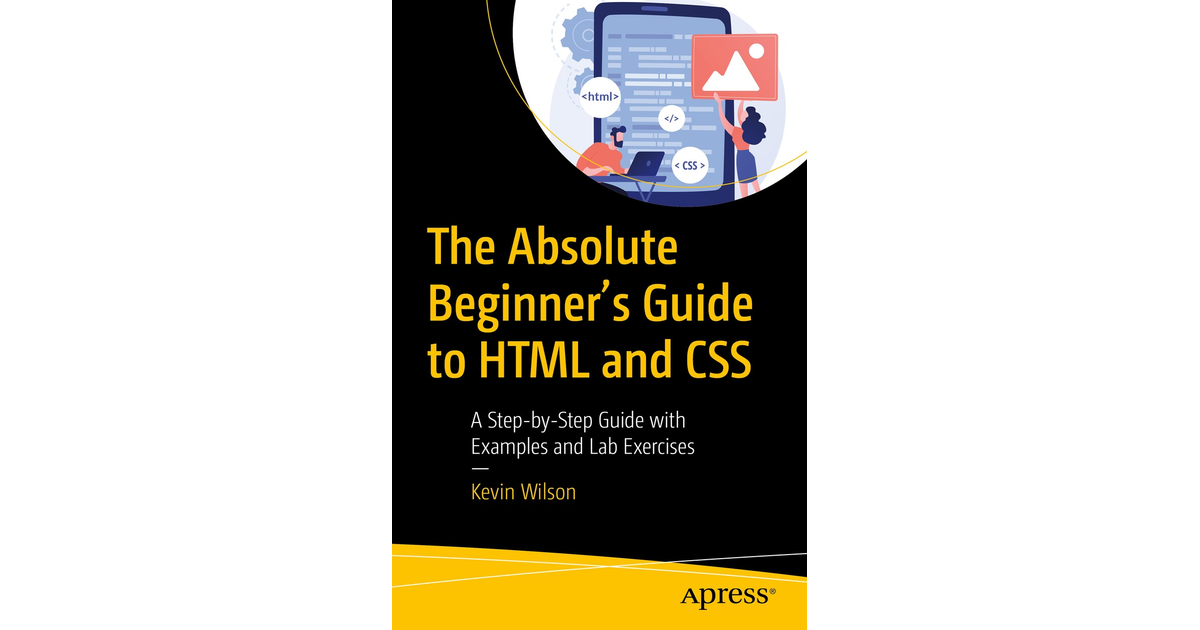
The Future of Web Development: AI and Low-Code Tools
Shift in Development Models
AI-assisted coding and low-code platforms are reducing reliance on traditional hand-coded development for common features. This accelerates prototyping and shortens delivery cycles.
AI in Code Generation
Models can write boilerplate, refactor legacy code, and generate test cases. Context-aware suggestions improve developer productivity and reduce repetitive tasks.
Low-Code Platforms
Drag-and-drop interfaces allow non-developers to create functional applications. Pre-built components handle authentication, data storage, and integrations without manual coding.
Integration of AI with Low-Code
AI-enhanced low-code tools can auto-generate workflows, predict necessary components, and optimize application performance based on usage patterns.
Impact on Skill Requirements
The focus shifts from syntax proficiency to system design, API orchestration, and problem-solving. Developers act more as solution architects than code producers.
Scalability and Customization
While low-code fits MVPs and internal tools, high-scale or specialized applications still require traditional coding for performance optimization and complex logic.
Security Considerations
Rapid development increases the risk of overlooked vulnerabilities. Security reviews and compliance checks remain essential.
Industry Outlook
Expect wider adoption in SMEs and departmental applications. In larger enterprises, AI and low-code will complement, not replace, traditional development for the foreseeable future.


